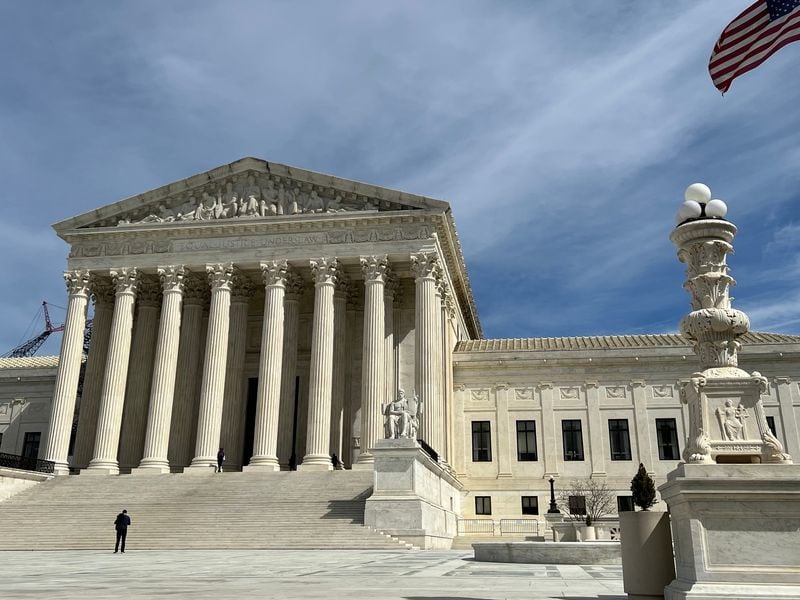The U.S. Supreme Court ruled Thursday to strip the U.S. Securities and Exchange Commission (SEC) of one of its key enforcement processes, deciding in a 6-3 vote that the federal agency’s use of in-house judges is a violation of the constitutional right to a jury trial.
In the past, the SEC has sometimes used an internal process presided over by administrative law judges, rather than suing in federal court, to handle civil securities fraud accusations and levy financial penalties. The SEC’s ability to handle matters internally was granted in 2010 by the passage of the Dodd-Frank Act in response to the 2008 global financial crisis.
After the Supreme Court’s decision, the SEC will be forced to once again rely solely on federal trial courts to enforce securities laws and seek financial penalties.
In addition to kneecapping the SEC’s enforcement abilities, the decision could have far-reaching implications for other federal agencies who have historically been able to handle enforcement via internal processes, including the National Labor Relations Board (NLRB) which is facing a similar challenge.
Chief Justice John Roberts delivered the majority opinion, writing, "A defendant facing a fraud suit has the right to be tried by a jury of his peers before a neutral adjudicator."
"Rather than recognize that right, the dissent would permit Congress to concentrate the roles of prosecutor, judge and jury in the hands of the Executive Branch," Roberts wrote. "That is the very opposite of the separation of powers that the Constitution demands."
In a concurring opinion, Associate Justice Neil Gorsuch argued that the SEC’s authority to "penalize citizens without a jury, without an independent judge, and under procedures foreign to our courts" are a violation of individual liberty.
"In reaffirming all this today, the Court hardly leaves the SEC without ample powers and recourse," Gorsuch wrote.
Associate Judge Sonia Sotomayor wrote the dissenting opinion, calling the ruling a "power grab" and "part of a disconcerting trend: when it comes to the separation of powers, this Court tells the American public and its coordinate branches that it knows best."
"The Court tells Congress how best to structure agencies, vindicate harms to the public at large, and even provide for the enforcement of rights created for the Government," Sotomayor wrote. "There are good reasons for Congress to set up a scheme like the SEC’s. It may yield important benefits over jury trials in federal court, such as greater efficiency and expertise, transparency and reasoned decisionmaking, as well as uniformity, predictability, and greater political accountability."
The case, SEC vs. Jarksey, began in 2013 when the SEC alleged that hedge fund manager George Jarkesy Jr. and his firm, Patriot28 LLC, violated federal securities laws by misstating his two hedge fund’s assets.
Instead of suing Jarkesy in federal court, the case was originally tried before an administrative law judge. Jarksey appealed, and in 2022 a New Orleans-based appeals court ruled that the SEC’s proceedings were unconstitutional. The SEC appealed, and the Supreme Court heard arguments last November.
Edited by Nikhilesh De.
